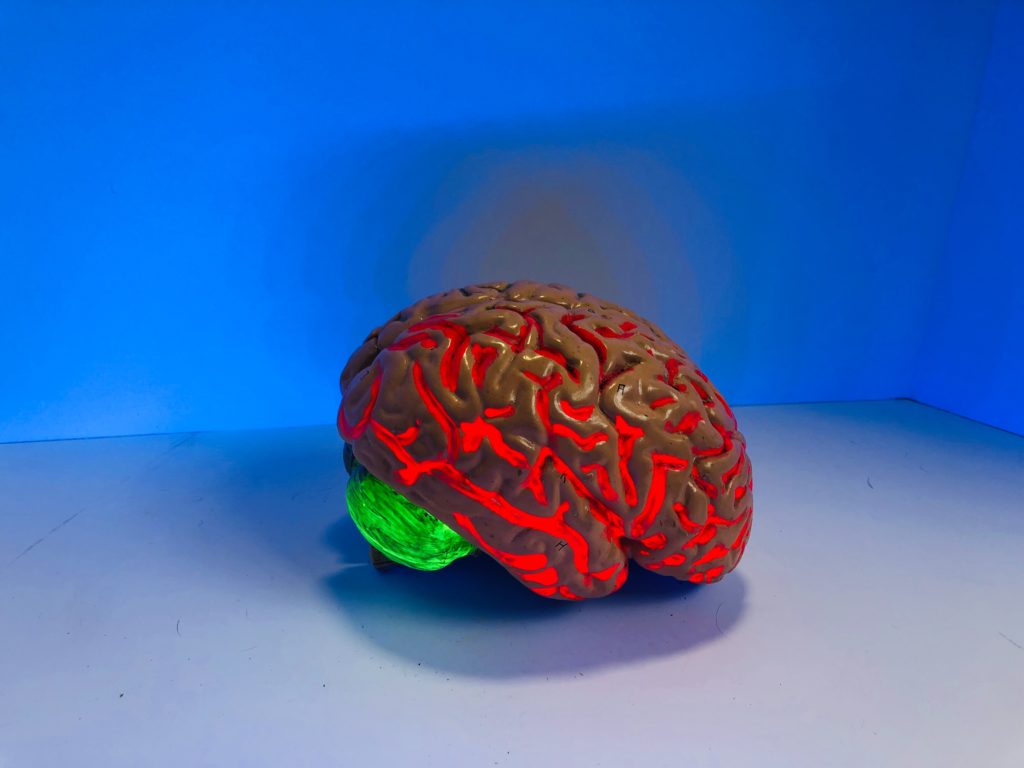PANDAS (Pediatric Autoimmune Neuropsychiatric Disorders Associated with Streptococcal Infections) occurs when strep triggers a misdirected immune response and results in inflammation on a child’s brain. In turn, the child quickly begins to exhibit life changing symptoms such as OCD, anxiety, tics, personality changes, decline in math and handwriting abilities, sensory sensitivities, restrictive eating, and more.
Swedo described PANDAS in the 1990s while studying a childhood condition called Sydenham Chorea. The rare disorder can occur with rheumatic fever, the heart condition that can develop when a Group A strep infection goes untreated. Patients with Sydenham Chorea have rapid, irregular involuntary movements of the arms, legs, trunk, and facial muscles, in addition to psychiatric symptoms.
These diseases are very similar. Neurologists believe it affects the basal ganglia of the brain. Both illnesses (PANDAS and Sydenham Chorea) may be renamed ‘basal ganglia encephalitits’ by a consortium in 2019-2020.
PANDAS Network estimates that PANDAS/PANS affects as many as 1 in 200 children.

